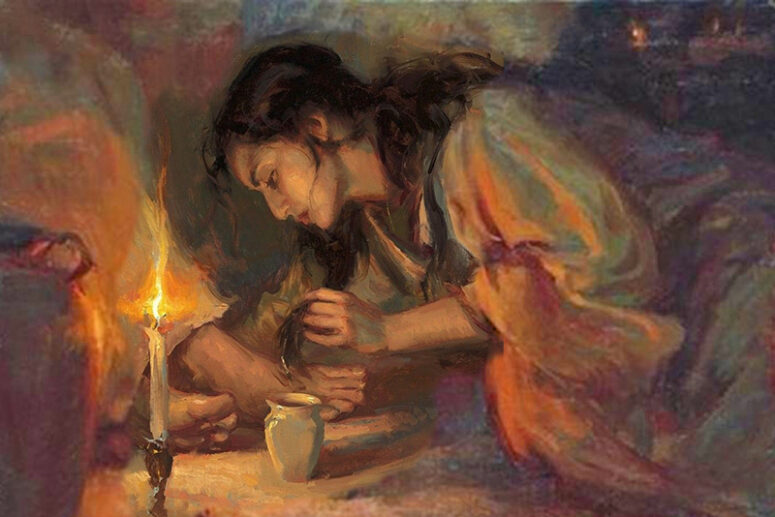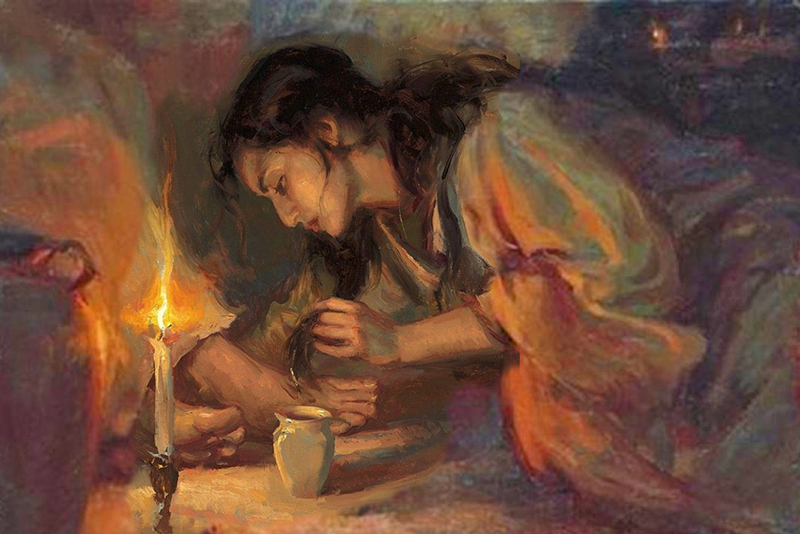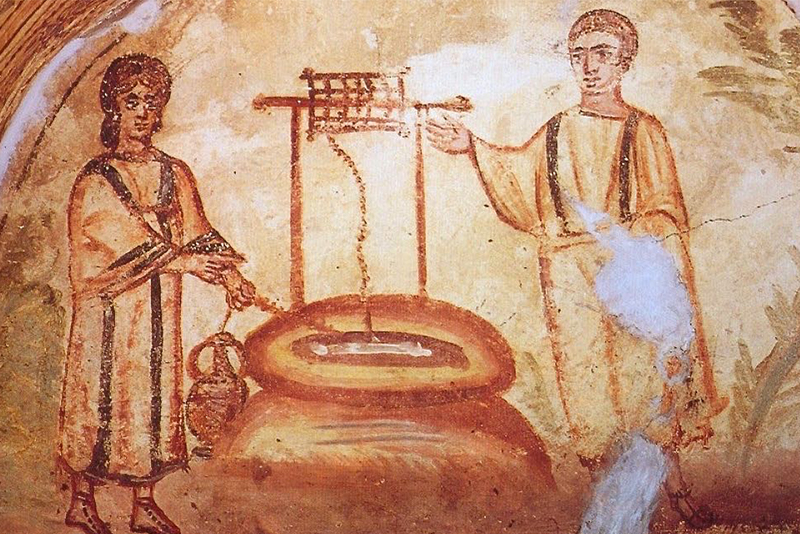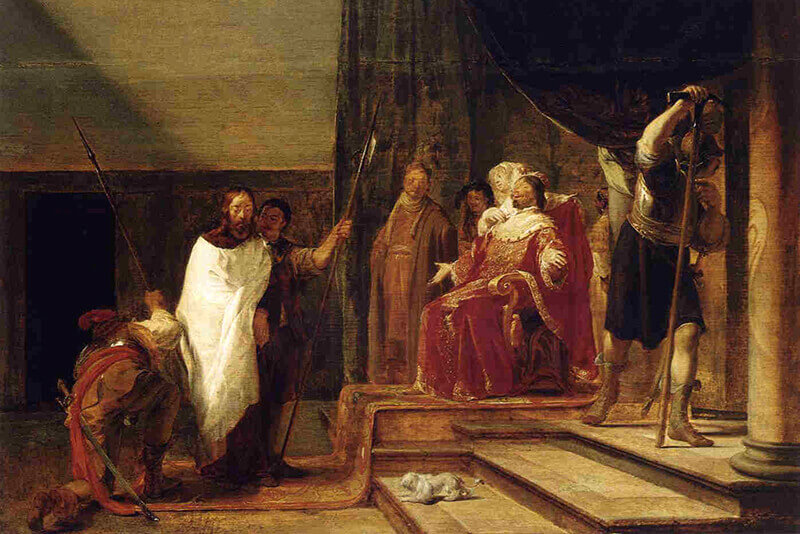
Luke 7: 36-50
Philippians 4: 10 – 23
One of the Pharisees invited Jesus to have dinner with him. Jesus went to the Pharisee’s house and reclined at the table. The Pharisee was watching. Watching over others was normal for the Pharisees. If someone had not washed their hands before a meal or broke some other rule, they would notice. One important rule of the custom was to avoid touching anything that might corrupt. So the Pharisee sees a woman in that town who lived a sinful life. She learned that Jesus was eating at the Pharisee’s house, so she came there with an alabaster jar of perfume. As she stood behind him at his feet weeping, she began to wet his feet with her tears. Then she wiped them with her hair, kissed them and poured perfume on them. Under different circumstances, the Pharisee would have blamed Jesus directly for having let a sinful woman touch him. But this time the task of the sly watcher was to expose Him as an impostor who was receiving from the people the honours that he supposedly did not deserve. So the Pharisee says to himself, with much delight: If this man were a prophet, he would know who is touching him and what kind of woman she is—that she is a sinner. At this point, the Lord answers this silent rebuke and exposes the fundamental error of the Pharisee’s judgement. He spoke on the subject of sin and forgiveness.
Sin is not some permanent stain, like a leprosy mark. Sin may be redeemed by the mutual effort of God and man. The contribution of each to such redemption is disclosed in the parable of two debtors. Jesus told it to the Pharisee and said: I came into your house. You did not give me any water for my feet, but she wet my feet with her tears and wiped them with her hair. You did not give me a kiss, but this woman, from the time I entered, has not stopped kissing my feet. You did not put oil on my head, but she has poured perfume on my feet. Therefore, I tell you, her many sins have been forgiven—as her great love has shown. But whoever has been forgiven little loves little. Then Jesus said to her, “Your sins are forgiven.” Is her love of Jesus, then, the cause of the forgiveness of her sins? But Jesus’ parable seems to suggest otherwise. “Two people owed money to a certain moneylender. One owed him five hundred denarii, and the other fifty. Neither of them had the money to pay him back, so he forgave the debts of both. Now which of them will love him more? Simon replied, “I suppose the one who had the bigger debt forgiven.” “You have judged correctly,” Jesus said.” Does it mean, then that a man’s love of God would grow if more sins were forgiven to him?
Jesus’ Parable leaves no doubt. No matter how impressive the love of God shown by a true Christian, one thing is immutable: «In the beginning was the word, … and the word was God». (John1:1) His Divine love and his Divine power to forgive emanate from Him alone. The woman in the Pharisee’s house could have been the same woman who had been caught in the act of adultery and to whom Jesus declared: “Then neither do I condemn you. Go now and leave your life of sin.” (John 8:11). This time, too, he said the same: “Your debts are forgiven”.
The Lord does not seek anything of ours; He only wants us to accept His gifts and show this with our actions. In his epistle to the Philippians, Apostle Paul acknowledges receipt of their offerings in the following way: “Not that I desire your gifts; what I desire is that more be credited to your account. I have received the gifts you sent. They are a fragrant offering, an acceptable sacrifice, pleasing to God.” Forgiveness cannot be deserved, it can only be given. The amount of forgiveness and love is something that God and man will decide face to face. But for the sake of certainty, we should always assume that we are forgiven 500 dinarii, not 50.
Translated by The Catalogue of Good Deeds
Source: https://azbyka.ru/otechnik/Vyacheslav_Reznikov/propovedi-na-kazhdyj-den/28_1




